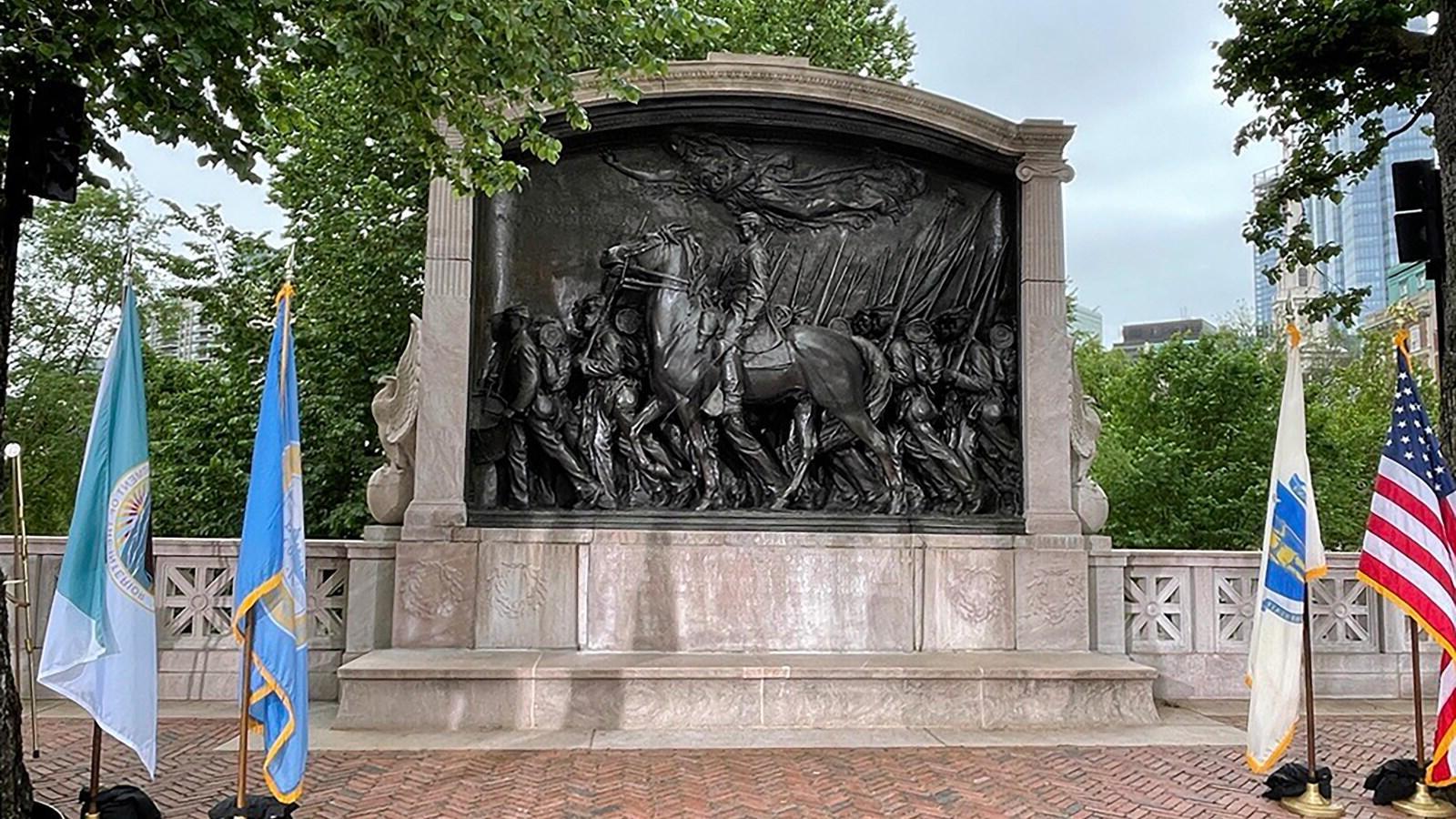Boston African American National Historic Site – Massachusetts’ Black Heritage Trail

Have you ever wondered about the rich history of African Americans in Boston? The Boston African American National Historic Site offers a deep dive into the stories of Black leaders, activists, and everyday people who shaped the city's history. Located in the heart of Massachusetts, this site features the Black Heritage Trail, a walking tour that takes you through significant landmarks like the African Meeting House and the Abiel Smith School. These places tell tales of resilience, community, and the fight for freedom. Whether you're a history buff or just curious, this trail provides a unique glimpse into the past, making it a must-visit for anyone interested in American history.
Discovering Boston's African American National Historic Site
Boston's African American National Historic Site offers a rich tapestry of history, culture, and resilience. This trail, known as the Black Heritage Trail, takes visitors through significant landmarks that tell the story of African Americans in Boston. Each stop on this trail provides a glimpse into the lives, struggles, and triumphs of those who fought for freedom and equality.
The Robert Gould Shaw and Massachusetts 54th Regiment Memorial
The journey begins with a tribute to the brave soldiers of the Massachusetts 54th Regiment, one of the first African American units in the Civil War. This memorial honors their courage and sacrifice.
- Robert Gould Shaw and Massachusetts 54th Regiment Memorial: Located on Beacon Street, this monument stands as a powerful reminder of the bravery of African American soldiers during the Civil War. It commemorates Colonel Robert Gould Shaw and his regiment, who fought valiantly for the Union.
The African Meeting House
Next, the trail leads to the African Meeting House, a cornerstone of Boston's African American community. This historic building served as a church, school, and gathering place for abolitionists.
- African Meeting House: Situated on Joy Street, this is the oldest black church building still standing in the United States. It played a pivotal role in the abolitionist movement and remains a symbol of African American heritage.
The Abiel Smith School
Education played a crucial role in the fight for equality. The Abiel Smith School, one of the first public schools for African American children, stands as a testament to this struggle.
- Abiel Smith School: Located on Beacon Hill, this school was established in 1835 and served as a beacon of hope for African American children seeking education. It now houses the Museum of African American History.
The Lewis and Harriet Hayden House
The trail continues to the home of Lewis and Harriet Hayden, prominent figures in the abolitionist movement. Their house served as a stop on the Underground Railroad, offering refuge to escaped slaves.
- Lewis and Harriet Hayden House: Found on Phillips Street, this house was a safe haven for many escaping slavery. Lewis Hayden, a former slave, became a leading abolitionist and used his home to aid others seeking freedom.
The John J. Smith House
John J. Smith, a barber and politician, played a significant role in Boston's African American community. His home reflects his contributions to the fight for civil rights.
- John J. Smith House: Located on Pinckney Street, this house belonged to John J. Smith, who was not only a successful barber but also a state legislator. He was deeply involved in the fight for equal rights and education for African Americans.
The Charles Street Meeting House
The final stop on the trail is the Charles Street Meeting House, a hub for abolitionist activities and a place where many influential figures spoke out against slavery.
- Charles Street Meeting House: Situated on Charles Street, this meeting house was a center for anti-slavery activism. It hosted numerous abolitionist speakers, including Frederick Douglass, and served as a gathering place for those dedicated to ending slavery.
Celebrating Boston's Rich Black Heritage
Boston African American National Historic Site offers a deep dive into the city's rich Black heritage. Walking the Black Heritage Trail, you’ll discover stories of courage, resilience, and significant contributions to American history. From the African Meeting House to the Abiel Smith School, each stop provides a unique glimpse into the lives of those who fought for freedom and equality.
Visiting these historic sites not only educates but also inspires. It’s a chance to reflect on the past and appreciate the progress made. Whether you're a history buff or just curious, this trail offers something valuable for everyone.
Plan your visit to Boston African American National Historic Site. Experience firsthand the powerful legacy of the African American community in Massachusetts. This journey through history is both enlightening and moving, making it a must-see for anyone visiting Boston.

